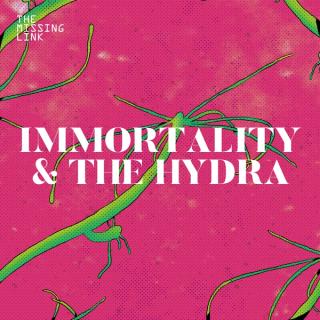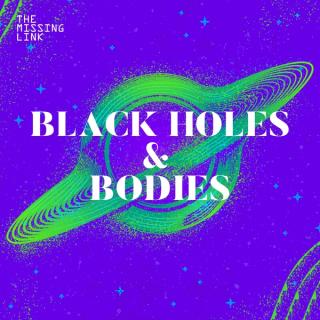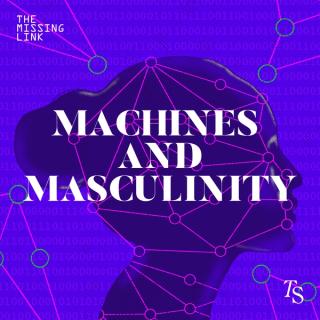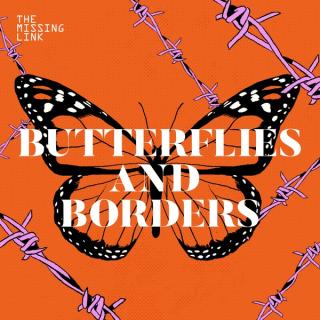When NASA released the sound of a black hole in 2022, the internet had varied reactions: shock and awe, with many calling it a ‘cosmic horror.’ The sound captured our imagination and achieved a new pinnacle in space exploration and science.
Blind and low-visibility astronomers can now study the universe and learn more insights about it than we already have. Disability scholars have long said that reframing disability not as a lack, but as diversity, can fundamentally change how we create and absorb knowledge. It took listening to a black hole to help us understand what that means.
Today, we’re talking to Dr. Kimberly Arcand, who pioneered the sonification of the cosmos, to understand how she did what she did – and more importantly, why. We’re also making sense of the why with Dr. Nirmala Erevelles, a disability scholar, who shows that getting to hear a black hole isn’t just a paradigm shift in astronomy, but for humanity as a whole to understand why it’s important to not just “include” but actively center disabled bodies in research.
In ‘The Missing Link,’ The Swaddle’s science podcast, we take a look at humanity’s most urgent questions – and the answers that might be lurking in unexpected science.
Credits:
Hosts: Rohitha Narharisetty and Ananya Singh
Writing and Production: Rohitha Narharisetty and Ananya Singh
Sound Design, Associate Producer: Vibhav Saraf
Marketing Collateral Design: Hitesh Sonar
Art Director: Neha Shekhawat
Executive Producer: Karla Bookman








